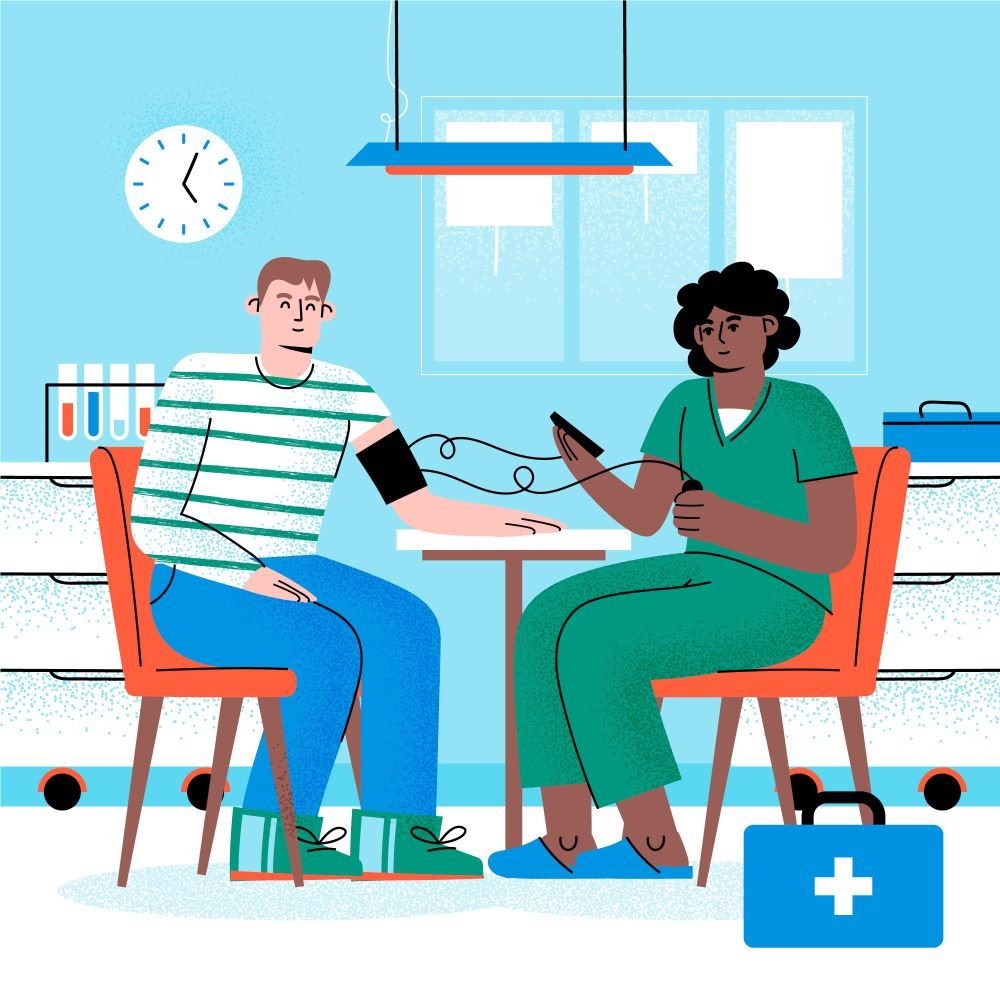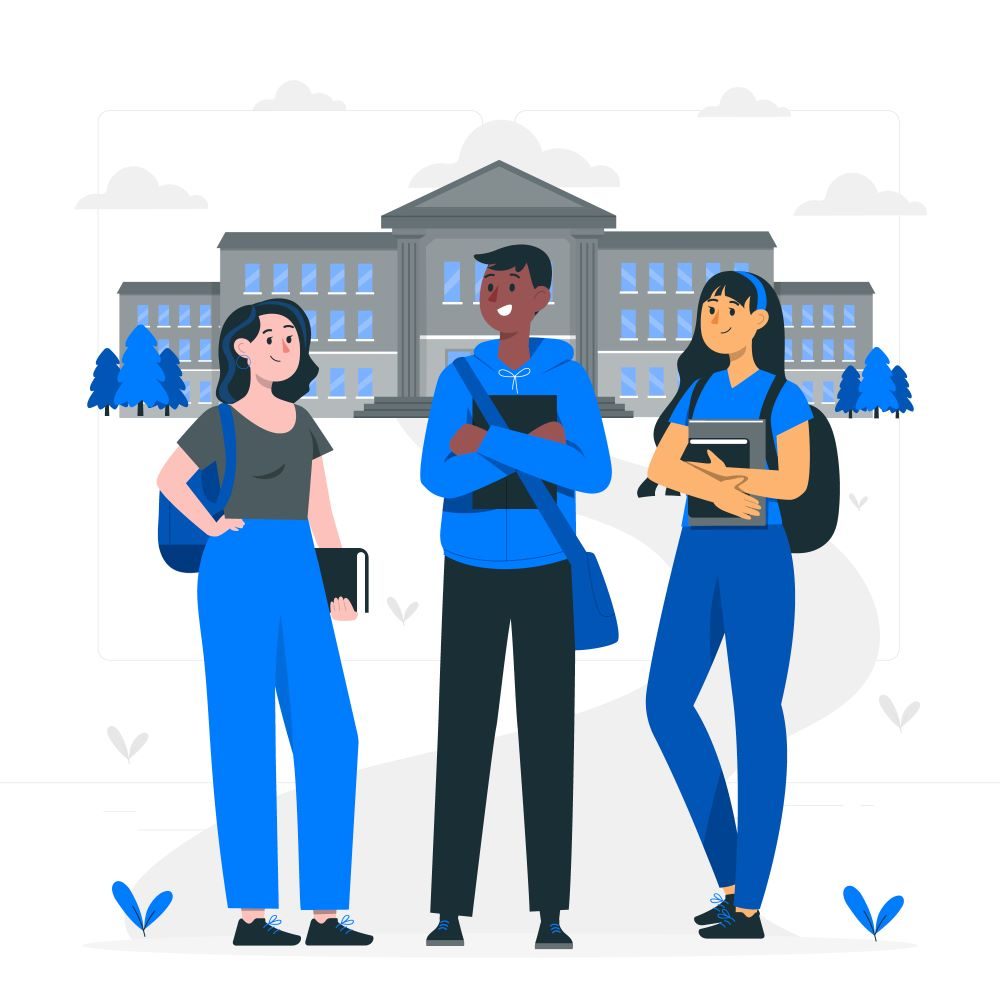As a newcomer to Canada, understanding the healthcare and education systems is essential for a smooth transition and a successful settlement. Canada prides itself on its universal healthcare coverage and high-quality education, but navigating these systems can be daunting at first. In this guide, we’ll explore how healthcare and education work in Canada, including finding a family doctor, understanding health insurance, enrolling children in school, and accessing higher education opportunities.
Understanding Healthcare in Canada

Canada’s healthcare system is publicly funded, meaning that basic healthcare services are provided to all residents regardless of their ability to pay. Here are the top three ways newcomers can access healthcare in Canada:
Finding a Family Doctor
One of the first steps in accessing healthcare in Canada is finding a family doctor, also known as a primary care physician. Family doctors provide comprehensive care, including preventive services, routine check-ups, and referrals to specialists when needed. Newcomers can find a family doctor by contacting local clinics, community health centers, or using online directories such as the College of Physicians and Surgeons of their province.
Understanding Health Insurance

While basic healthcare services are covered by the government, some services may not be covered, such as prescription medications, dental care, and vision care. Newcomers should apply for provincial health insurance as soon as they arrive in Canada to ensure they have coverage for essential services. Additionally, many employers offer extended health insurance plans that cover additional services not covered by the government.
Using Telehealth Services
Canada offers telehealth services that allow residents to consult with healthcare providers remotely. Newcomers can access telehealth services through phone calls or online platforms, making it easier to seek medical advice and prescriptions without having to visit a doctor’s office in person. As a newcomer, you can also seek emergency care by going to the nearest hospital emergency department or call 911 for assistance. Emergency medical services are available 24/7 and are free of charge, ensuring that residents receive timely care in critical situations.
Navigating Education in Canada

Canada’s education system is highly regarded worldwide, offering a wide range of educational opportunities from primary school to post-secondary education. Here are the top three ways newcomers can access education in Canada:
Accessing Post-Secondary Education Options
Canada offers a diverse range of post-secondary education options, including colleges, universities, and vocational institutes. Newcomers can explore these institutions to pursue further education and career development. For example, newcomers interested in diploma programs in health, business, or technology, can explore the programs offered by ABM College. At ABM College, we provide a diverse range of career-oriented courses, available both online and on campus, specializing in health, business, and technology fields. Our professional diploma programs are carefully crafted to ensure your success, featuring meticulously curated course content that is continuously updated to align with industry standards and best practices.
Language Learning Programs

For newcomers who are not fluent in English or French, Canada offers language learning programs to help them improve their language skills and integrate into Canadian society. Language learning programs are available through community organizations, language schools, and government-funded programs such as English as a Second Language (ESL) or French as a Second Language (FSL) classes.
Exploring Financial Aid and Scholarships
Many colleges and universities in Canada offer financial aid, scholarships, and bursaries to help offset the cost of tuition and living expenses for eligible students. Newcomers can explore different financial aid options available to them, including government student loans, scholarships for international students, and bursaries offered by colleges and universities based on financial need and academic merit.
Conclusion
In conclusion, navigating the healthcare and education systems in Canada as a newcomer may seem overwhelming at first, but with the right information and resources, it can be a manageable process. By understanding how to access healthcare services and educational opportunities in Canada, newcomers can ensure a smooth transition and lay the foundation for a successful future in their new home.
Contact us if you’d like to learn more about our comprehensive programs.
Read more trending articles.
About The Author

Content Writer
Preeti Parashar is a published author and creative writer with extensive experience in content development, copy editing, journalism, marketing, and communications across diverse industries. She holds a Master’s Degree in Mass Communication and has a passion for crafting compelling content that resonates with audiences. Preeti’s interests include blogging, writing poetry, traveling, and reading fiction. She is currently working as a Content Writer at ABM College, where she brings her expertise and creativity to every project.
